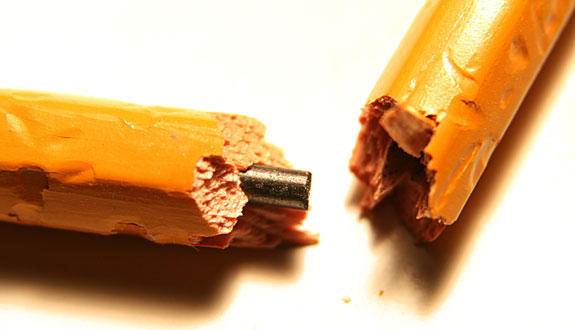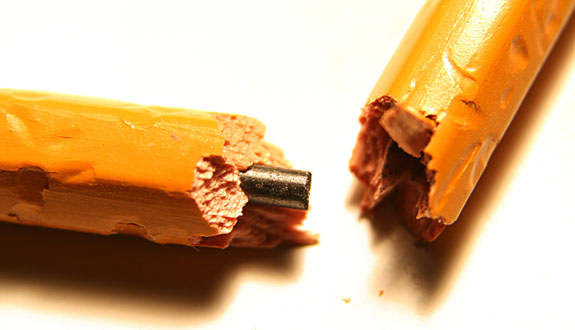Law Schools to No Longer Require the LSAT? Not So Fast
- by
- May 03, 2012
- Admissions, News
- Reviewed by: Matt Riley


The American Bar Association created a stir the other day, as it sometimes does, by releasing a statement discussing its new resolutions re: the LSAT. What did those resolutions say?
In short, the ABA is considering two alternatives to the current requirement that all law schools must require an entrance exam of some sort during the law school admissions process. The first proposal neuters the requirement to some degree, while the second removes it altogether.
This brings to mind two questions: 1) Are the LSAT’s days numbered? and 2) Is this a good thing?
So is the LSAT a goner? I don’t think so. The ABA grants occasional variances that allow law schools to admit students without an LSAT score. While a few programs have adopted this policy, it’s usually for a small minority of the students, and several people applying through that program are deferred to regular admission (which requires an LSAT).
And while it’s by no means a perfect indicator of law school performance, it does tend to be the best we have. Yes, everyone knows someone who excelled in law school and legal practice without doing well on the LSAT. Again, it’s not perfect. However, it predicts success at law school much better than any other factor, including GPA. Most law schools aren’t in the business of admitting students they believe will fail, so they do want to have some way of measuring their potential incoming class.
Should the requirements eliminate the need for the LSAT, though, won’t some law schools drop it?
I expect that some would. I also expect, however, the law schools that have traditionally accepted students with solid LSAT scores won’t relax their own standards. While the LSAT may no longer be required by the ABA, these law schools do value the insight the LSAT gives into the abilities of their applicants.
It’ll be interesting to see how the law school rankings systems deal with a change to the standardized testing policy. While there are GPA variances between the highest- and lowest-ranked law schools, they pale in comparison to the 20 plus-point swing in LSAT medians. As far as other factors go, the law schools tend to be rather similar (Harvard and Cooley both spend a lot of money on their libraries, for instance). If some law schools drop their LSAT requirement, they might become a haven for those who have done well in school but just can’t master the test. It’s much harder to rank law schools based on soft factors than on numbers (which is also reflected in how law schools select students).
So would it be a good thing if the ABA lifted the LSAT requirement?
I don’t think so. I also think it would have much less of an impact than people believe.
First, the LSAT requirement being lifted will in no way stop the LSAT from being a part of the admissions game. You’re still going to have people who excel at the LSAT test taking it to ‘prove’ they have what it takes to get into a top law school. I very much doubt you’ll see people who are frozen out of the top tier because of their LSAT score all of a sudden gain admission based on the rest of their law school application; these schools will select students who have demonstrated their abilities on a test that is more predictive of first-year success than GPA.
Additionally, law schools can’t possibly compare every major at every school to see which GPA is the result of more work and a higher intelligence. Having a standardized test is as much to compare students to each other on an even playing field as it is to compare their independent knowledge/abilities in a certain area.
Finally, I’m of the opinion that there are already too many people going to law school. As I’ve written before, I also believe too many people are making bad decisions by going to law school and taking on more debt than they can service after graduation. While I’m all for smart law school admissions policies, I do believe that the LSAT can be a part of that process. GPAs are inflated and non-standardized. Essays are edited many times over and don’t necessarily reflect writing ability. Letters of recommendation are almost universally glowing. A prestigious club at one law school is the party club at another. A standardized measure helps put the rest of the law school application in context, and the LSAT is what we got (I said remember that).
Search the Blog

Free LSAT Practice Account
Sign up for a free Blueprint LSAT account and get access to a free trial of the Self-Paced Course and a free practice LSAT with a detailed score report, mind-blowing analytics, and explanatory videos.
Learn More
Popular Posts
-
logic games Game Over: LSAC Says Farewell to Logic Games
-
General LSAT Advice How to Get a 180 on the LSAT
-
Entertainment Revisiting Elle's LSAT Journey from Legally Blonde








